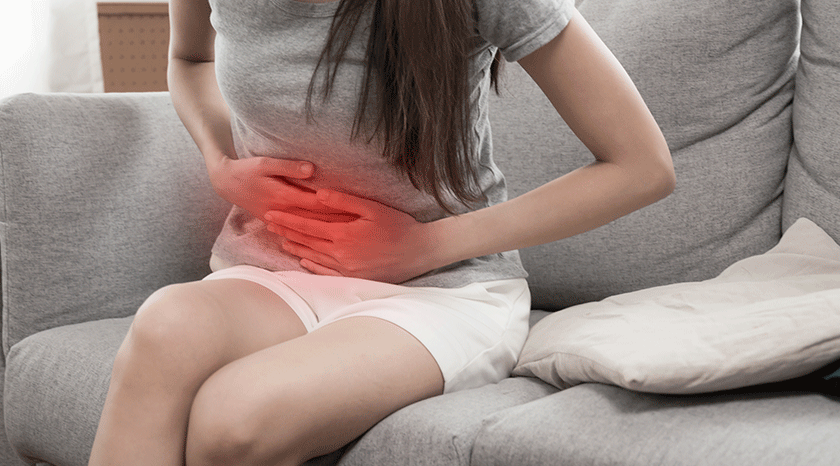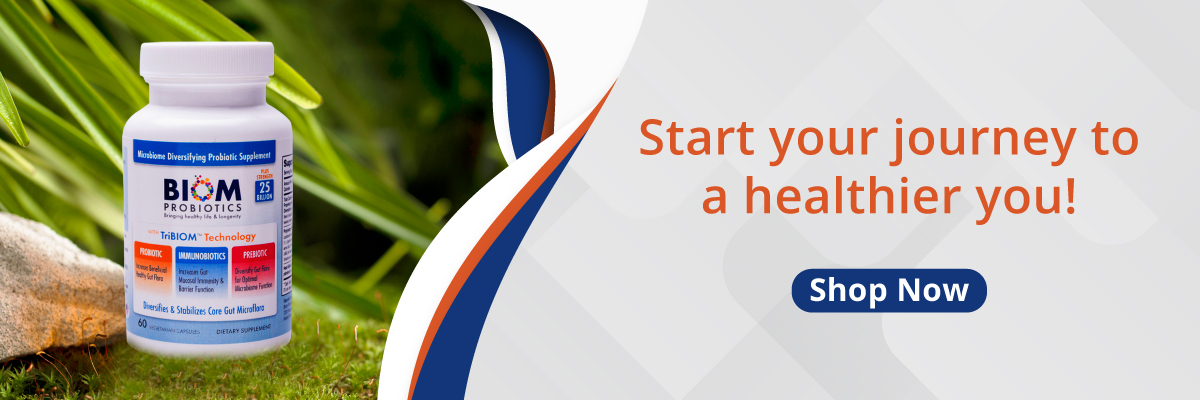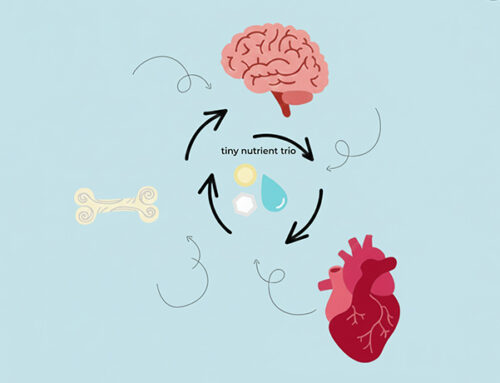Intestinal microbiota, or gut flora, and the gut barrier determine gut health. Inside the gut are about 100 trillion live microorganisms that promote normal GI function, protect the body from infection, and regulate metabolism and the mucosal immune system. In fact, they comprise more than 75% of the immune system.
Also important is their role in maintaining and protecting the GI barrier. An intact GI barrier maintains gut health, while a problem with its microbiota composition will affect the body’s defense systems and can create a condition known as leaky gut syndrome, which can compromise gut health and lead to diseases such as inflammatory breast cancer, obesity, chronic fatigue syndrome, and depression.
What are the symptoms of a leaky gut?
There are no symptoms associated directly with intestinal permeability. But intestinal permeability usually follows from injury to your intestinal lining, and you may have symptoms from that.
For example:
- A burning feeling of ulceration in your gut.
- Painful indigestion from the loss of intestinal mucosa.
- Diarrhea
- Gas and bloating from fermentation by overgrown bacteria in your gut.
- Low energy from the reduced ability to draw energy from your food.
- Gastrointestinal mucositis from radiation therapy.
How can I take care of my gut?
Scientists are continuing to investigate the benefits of various therapeutics for improving the general health and integrity of the gut lining. These therapies may not be able to mitigate a pathological disease, but they may help mitigate the effects of everyday factors such as diet, stress and bacterial overgrowth that can wear on your intestinal lining. They may even help alleviate your general gastrointestinal symptoms. Therapies include:
Probiotics. Specific probiotics are being tested separately for their ability to restore gut barrier function. But in general, probiotics may help maintain the health of your gut lining by preventing overgrowth of the wrong bacteria in your gut, especially your small intestine.
Prebiotics. Prebiotics are food for the good bacteria in your gut to help give them an edge in the fight. They are usually plant fibers — one more reason to eat your veggies.
Reduce dietary fats and sugars. These encourage the growth of the wrong kinds of gut bacteria, and they trigger the release of harsh dietary emulsifiers that may inflame your gut.
Nutrition. A balanced diet, complete with all the necessary macronutrients and micronutrients (vitamins and minerals) can help fortify your gut. Vitamin D and an amino acid called L-glutamine may specifically help repair your gut lining.
Low FODMAP Diet. This specific diet is often suggested for people who have IBS and certain food sensitivities because it systematically eliminates most of the common food triggers. Using it briefly may give your gut the rest it needs to repair, while also clueing you in to which food triggers you are sensitive to.





